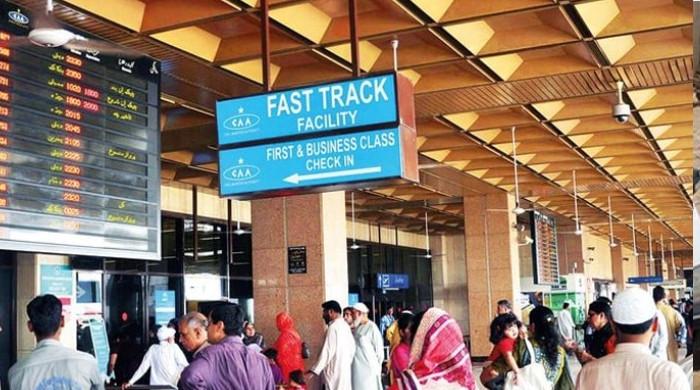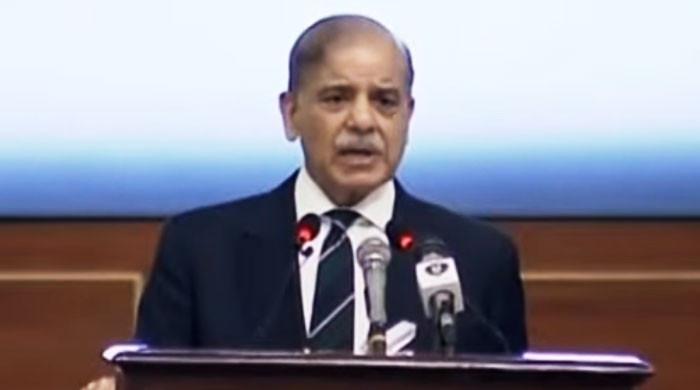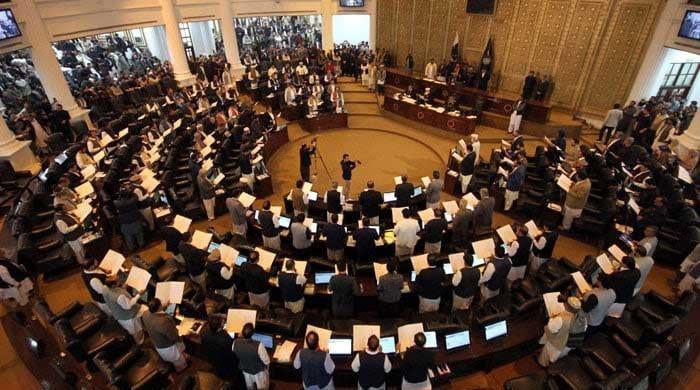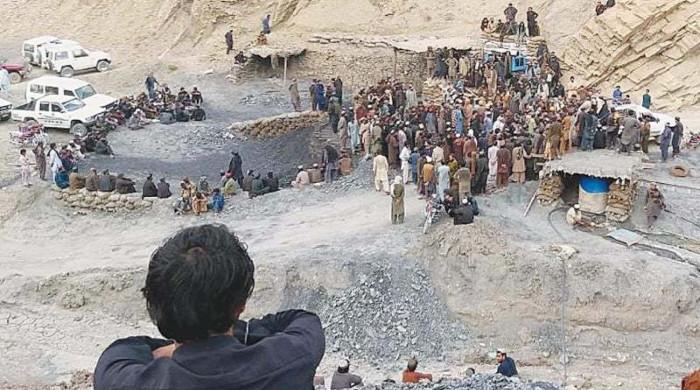Explainer: Imran Khan demands immediate polls, but is it even possible?
There needs to be a detailed discussion between new government and ECP to get further clarity, PILDAT president says
April 12, 2022
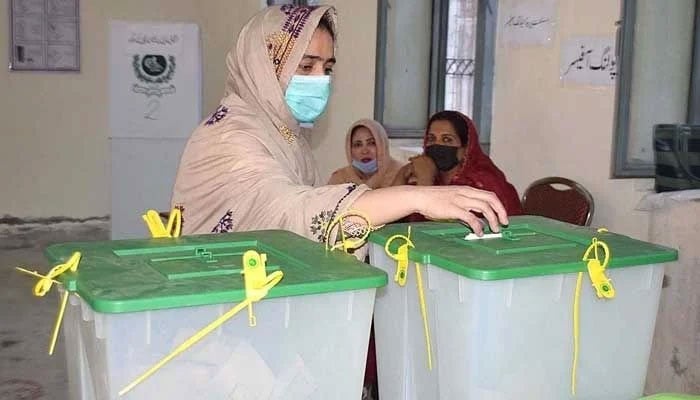
Shehbaz Sharif was elected the 23rd prime minister of Pakistan on Monday, after his rival Imran Khan was ousted in a no confidence vote, a year before he was due to complete his five-year term.
On the day of Sharif’s election, Khan’s PTI resigned from the national assembly and promised to take to the streets to demand an immediate election.
As of now, there is no opposition party in the Parliament.
How will this affect the workings of the new government? Since the leader of the house and the leader of the opposition have to, in consultation, appoint members of the Election Commission, chairman of the National Accountability Bureau (NAB) and a caretaker prime minister, amongst other important decisions.
Read more: Imran Khan demands immediate elections after ouster
Also, can fresh polls be held immediately?
Geo.tv reached out to Ahmed Bilal Mehboob, president of the Pakistan Institute of Legislative Development And Transparency (PILDAT) to weigh in:
Snaps polls in a few weeks: A realistic demand?
National election in three months might not be possible. The Election Commission of Pakistan (ECP) is not done with the demarcation of constituencies, and they say that it will take another four months to do. Thus, I don’t understand how the ECP can organise polls immediately.
However, it is possible that polls are held on the basis of the old population census, but since the number of seats in the Khyber Pakhtunkhwa assembly have also changed, it is essential to complete demarcation before polling.
Read more: ECP official says general elections not possible in three months, says report
In any case, there needs to be a detailed discussion between the new government and the ECP to get further clarity.
Can national assembly work without an opposition?
This is a tricky question since there are a lot of things that need to be decided in consultation with the opposition. In my opinion, things might be clearer in the next week or 10 days.
Now, the PTI lawmakers, who are classified as dissidents, have not resigned, nor has the Grand Democratic Alliance (GDA). It could be possible that these 20-30 MNAs declare themselves as the opposition. They then nominate a leader and the speaker accepts it. Although, it is true that they will not be a genuine opposition or an effective one, but at least it would fulfil the legal and constitutional obligation.
Legally speaking, if a large number of resignations come through the assembly can still continue to work and then by-elections can be held. Moreover, the speaker of the national assembly can also take his time to process the resignations.
Read more: ECP responds to criticism, holds PTI govt responsible for delay in delimitation
But as per the law, when these resignations reach the ECP it will have to hold by-polls in 60 days. This will be an additional burden on the ECP, especially financially. Still, if it has to be endured then it has to be endured.
I do think that in the next few days we will find out what kind of pressure is exerted [by the PTI] and we also need to see if the new government can bring in a narrative to deal with the agitation.
Thumbnail image from Twitter.





